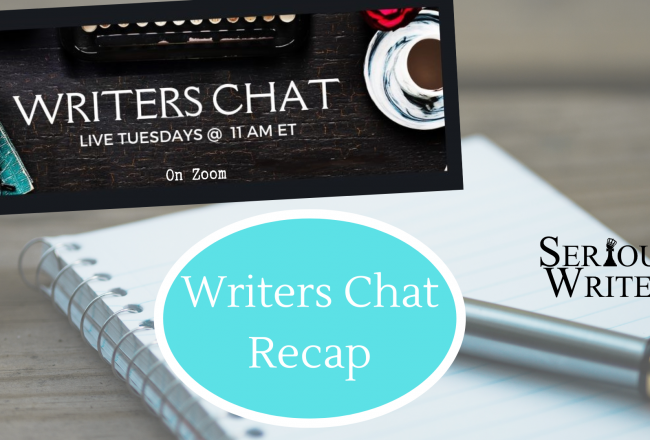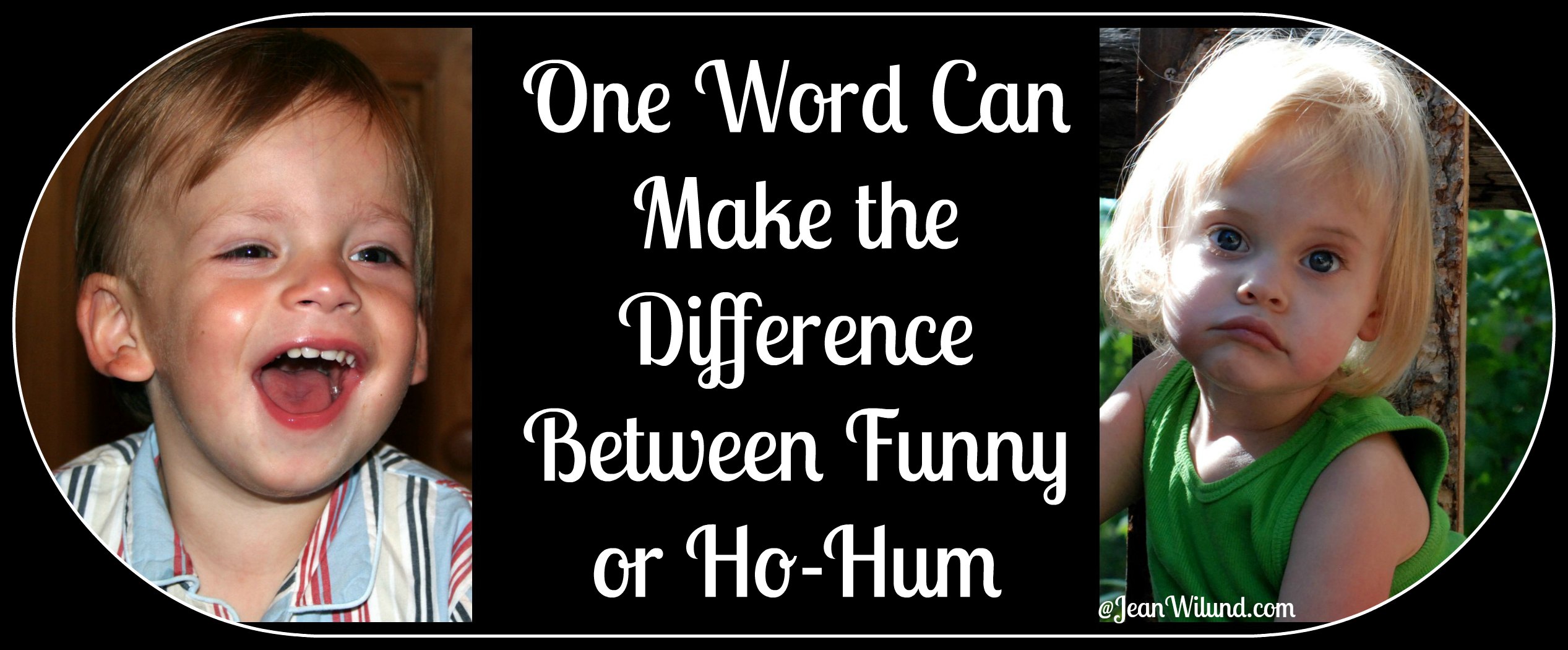
One Word Can Make All the Difference Between Funny or Ho Hum
One word can make all the difference between funny or ho-hum. For instance, let me introduce you to four…
April 24, 2016
One word can make all the difference between funny or ho-hum. For instance, let me introduce you to four…
April 24, 2016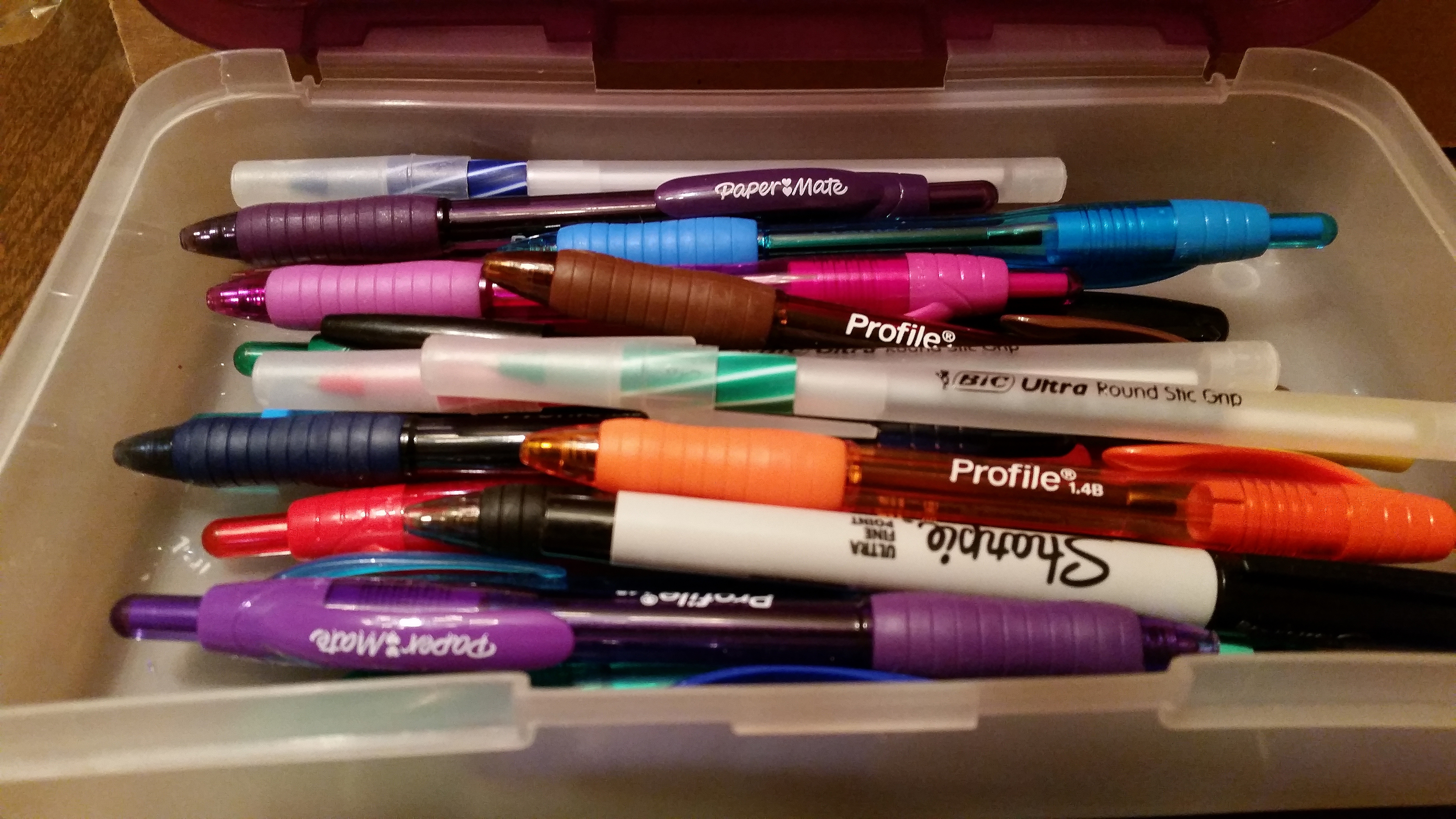
Last time we talked about all the elements needed to create a stunning plot twist. This time, we’ll talk…
April 23, 2016
The title of this post sounds ridiculous I know. I’m sure this article will get flagged by the A3…
April 21, 2016
It’s Spring once again and time to consider attending a writers conference. Of course you have many reasons not…
April 21, 2016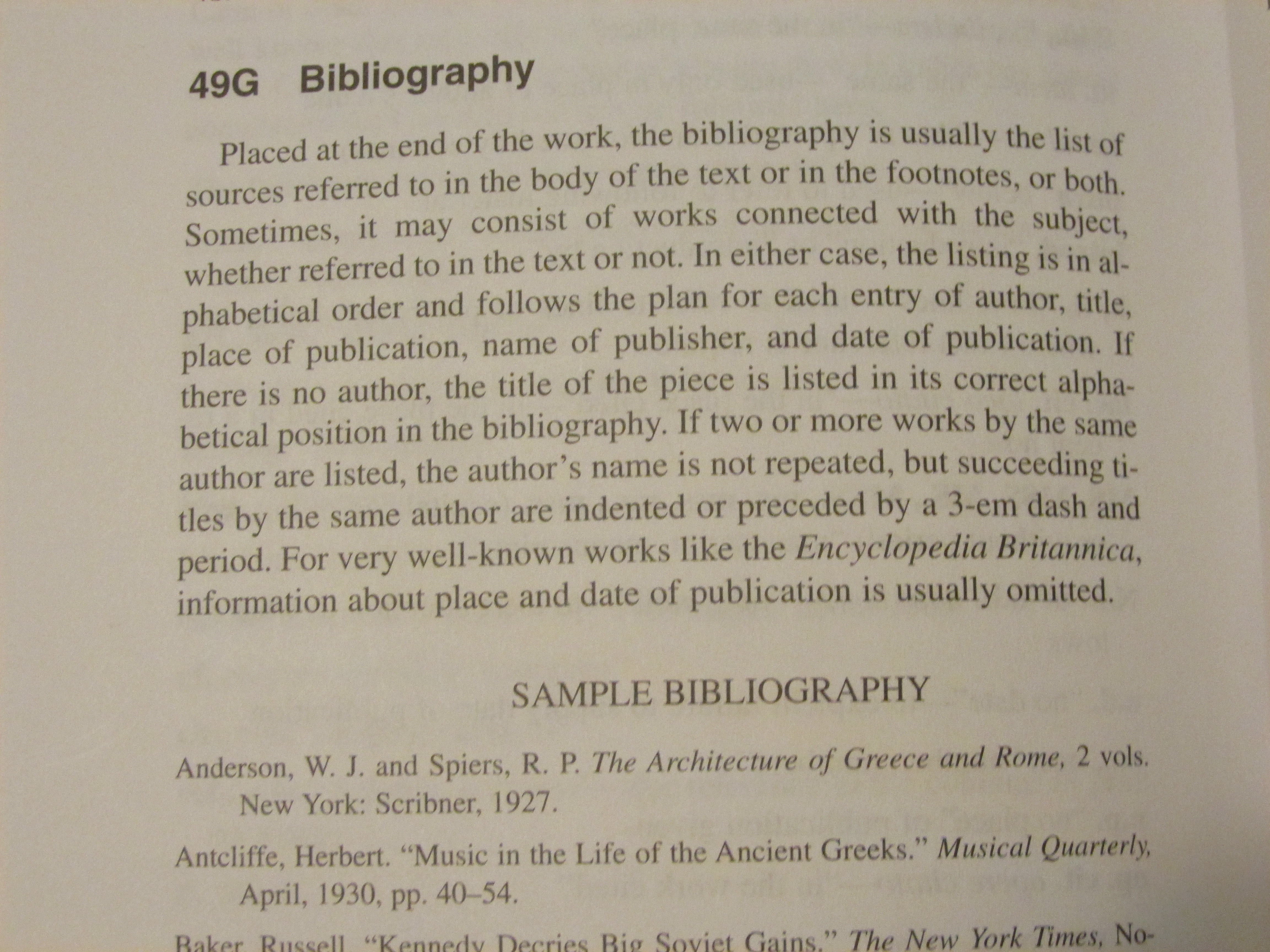
By Sandra Merville Hart Let’s face it. Historical authors spend many hours researching – perhaps as much time as…
April 19, 2016[author title=”Torry Martin” image=”https://www.almostanauthor.com/wp-content/uploads/2016/04/Torry-in-New-York.jpg”]Torry Martin is an award-winning actor, screenwriter, and comedian. He is also the co-author of “Of…
April 19, 2016
Local stations went agog with the news. A stranger in town gunned down by Ellicott City resident, Charles Taylor.…
April 18, 2016
Lots of time we hear verbal patterns that may be acceptable (to some people) in speech, but they are…
April 17, 2016
Practice makes perfect. I believed this mantra for years until a music teacher changed my mind. “Perfect practice makes…
April 15, 2016
What’s in a name? That which we call a rose By any other name would smell as sweet. Perhaps…
April 13, 2016
Savannah asked, “Do you have any tips for people who are new to blogging or would like to start?”…
April 12, 2016
What do children’s publishers want? That is the question that all children’s writers long to have answered. What is…
April 11, 2016
By all accounts, it was a productive year. Articles were accepted for publication. A book contract hung on my…
April 10, 2016
One of my favorite television shows of all time is the classic Odd Couple from the 1970s (not the…
April 9, 2016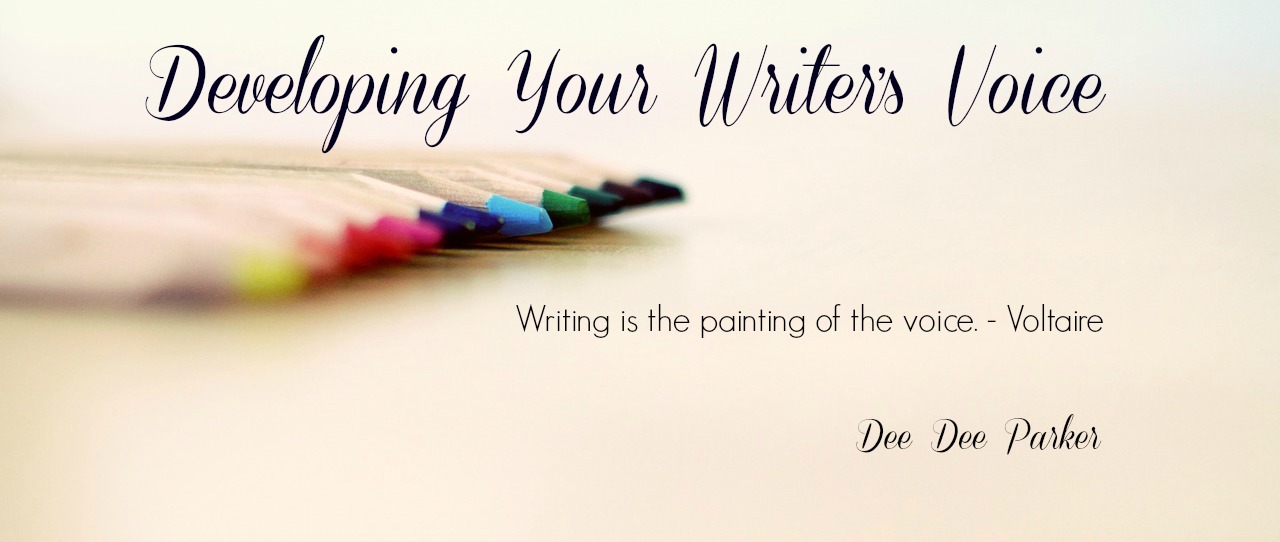
I enjoy blogging about the Appalachian mountains where I live. My blog speaks to the traditions, faith, lifestyle, and…
April 8, 2016
Setting Goals for a Conference Hello, my fantastic reader. It’s come to my attention that the season of writing…
April 7, 2016
By Doug Peterson In the Oscar-winning movie, Braveheart, the hero William Wallace of Scotland falls in love with Isabella,…
April 6, 2016
In honor of National Poetry Month (April), I thought we could take a few moments to explore writing a…
April 5, 2016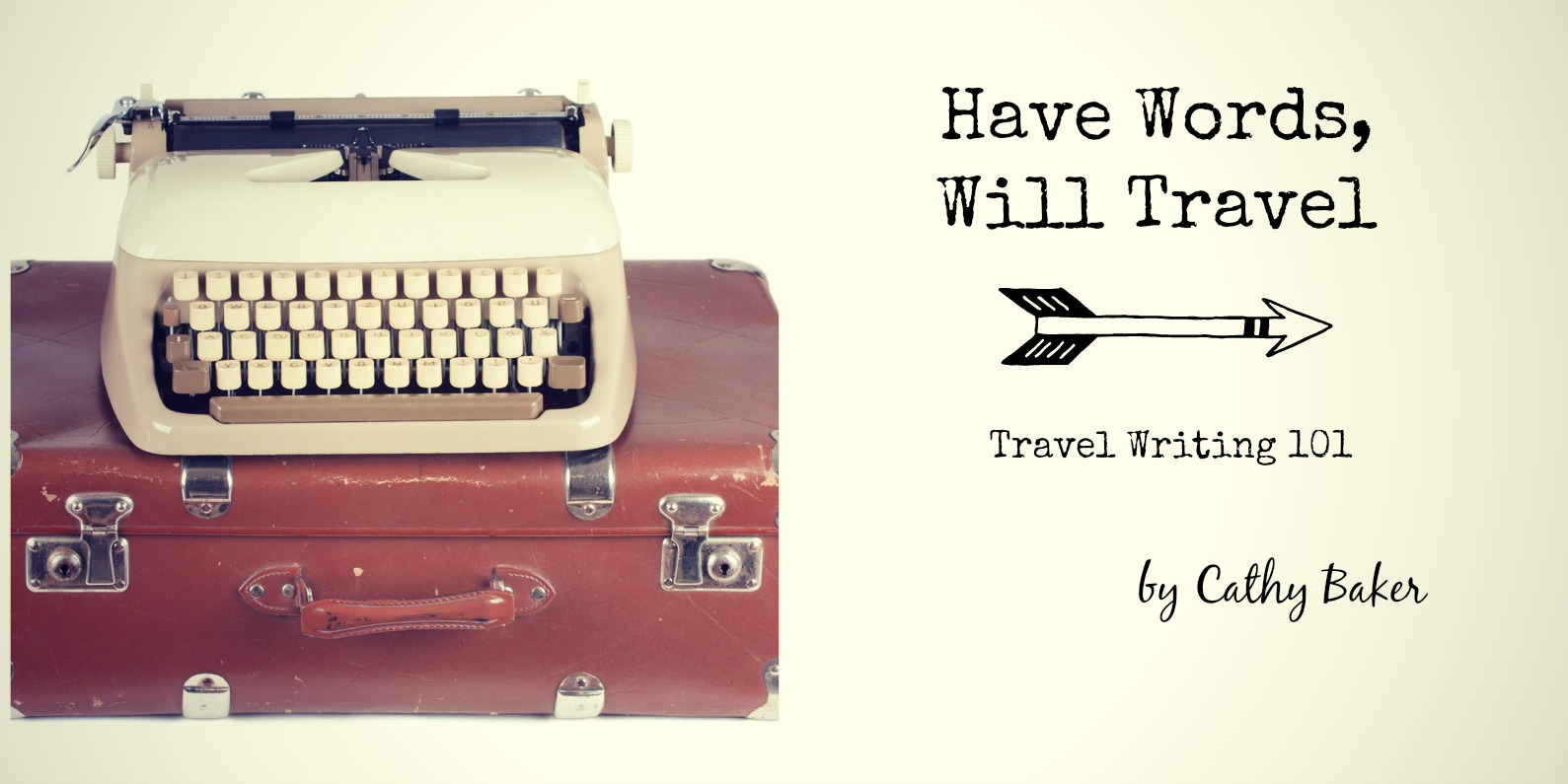
“My last point about getting started as a writer: do something first, good or bad, successful or not, and…
April 4, 2016
Last month we talked about military technology and how it can be just as important in a fantasy book…
April 3, 2016
“For we are to God the aroma of Christ among those who are being saved and those who are…
April 2, 2016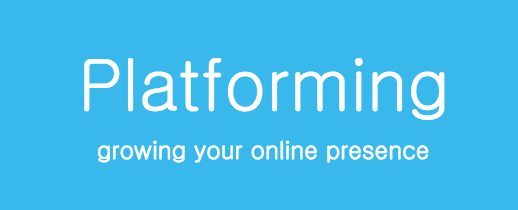
Good content is critical for a writer but how that content is presented is also important. In Brand Basics…
April 1, 2016
I traveled to Hyderabad, India recently and we had one day of sightseeing and shopping in the city. This…
March 31, 2016

I recently downloaded Sara Groves’ excellent album (CD? What do we call it these days?) Floodplain, and one of…
March 27, 2016


